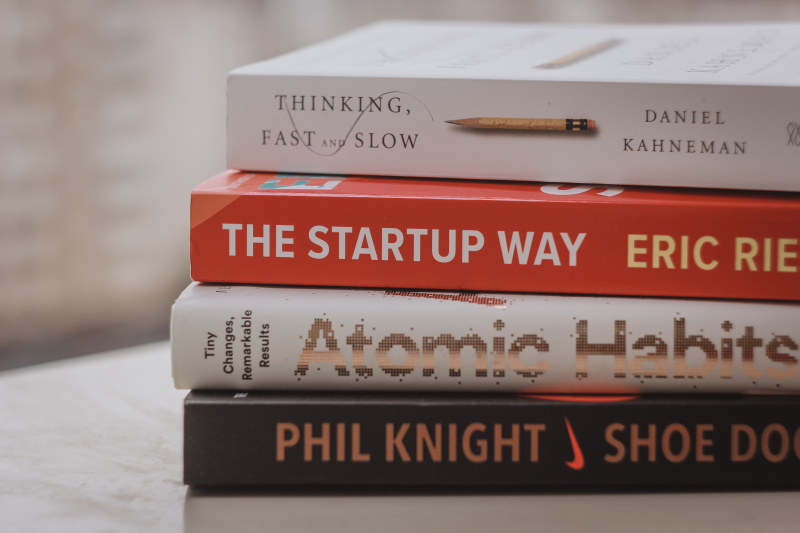Master's student, Advanced Quantum and Nanophotonic Systems
Tackling Self-Improvement: From Consumerism to Actioning
Self-development, or self-improvement, as some may put it, has become quite a buzzword and a ubiquitous topic of interest, especially in the digital media space, garnering attention from both millennials and gen-z, as more than ever, people are aware of their emotions, skills, and strengths.

Today's culture has seen a meteoric rise in the desire for self-improvement, and there are many resources accessible to assist people in achieving their set objectives. With the virality of the subject and the plethora of life-long benefits those who assiduously engage in it stand to reap, one might expect an easy translation of what has been imbibed into action. Sadly, it is not as linear as it sounds.
On the surface, self-improvement, especially with self-help resources, promises to help unlock an individual’s limitless potential and help transcend self-doubt. However, when one digs a little deeper, self-improvement has an alter ego — a somewhat dark side: the snare of consumerism. This may prevent one from making progress toward their objectives, which, in the long run, may cause utter frustration and demotivation. To make advances, it’s critical to create a balance between study and application. As much as one would like to improve oneself in specific areas, one should, as much as possible, engage in practice.
The way that the self-help sector runs presents another risk associated with self-improvement. Self-help is a billion-dollar industry that preys on people's fears and weaknesses by promising quick fixes and simple answers. This may lead to a feeling of dependence on these sources and a reluctance to believe in yourself and take initiative. For instance, reading and fully immersing yourself into what you are reading is hugely important. However, the undiluted potency of acting on what you have read is undisputed.

Also, the pressure to always better yourself might be bad for your mental health. The sense of inadequacy brought on by not reaching goals can have a detrimental effect on one's self-esteem and general well-being. This may eventually lead to a vicious cycle of self-doubt and self-criticism. To avoid endlessly consuming self-improvement content without action, it is critical to concentrate on progress rather than perfection. Making genuine progress towards desired results depends on putting what has been taught into practice. Here are some strategies to apply:
- Subdivide broad objectives into more manageable steps: It is simpler to get started and make progress when big, long-term goals are broken down into smaller, more attainable tasks.
- Plan: Create a timetable or plan with precise activities, due dates, and time frames so that it will be simple to carry it out.
- Stay accountable: Find an accountability partner, participate in a group with similar objectives, or share your progress with others to maintain accountability.
- Practice consistency: Making improvement requires consistency, so create a daily or weekly routine of putting what you've learned into action. This is perhaps the most difficult of all.
- Celebrate small successes: Celebrate your minor victories along the way to keep yourself inspired and motivated.
- Reflect and adjust: Review progress frequently, think about what might be improved, and make any adjustments to your plans.

In conclusion, self-improvement is a powerful instrument for personal growth and development, no doubt. However, you can get so sucked into theory that you forget about practice. The secret to avoiding the negative aspects of self-improvement is to be aware of its potential downsides and concentrate on putting what has been learned into action. To make sure that self-improvement results in positive outcomes, striving for progress rather than perfection and avoiding dependence on self-help tools are critical. Also, it is imperative to understand that self-development is a life-long endeavor and one you should be ready to commit to, as no one but yourself is the architect of your own fortune.
